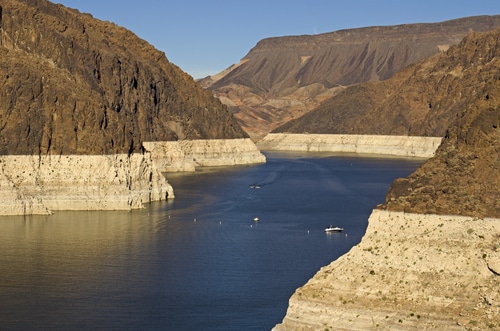
The agreements approved by the Upper Basin states address increased collaboration between the states and the Bureau of Reclamation to manage reservoir releases in the basin, increased allowable storage in Lake Powell if such water is available for storage as a result of conservation efforts in the Upper Basin States (Lake Mead is located in the Lower Basin), and increased cooperation between the Upper and Lower Basin states regarding water conservation and increased storage in Lake Mead.
This level of cooperation amongst the Upper and Lower Basin states is unprecedented. The basin historically has seen substantial state-to-state conflict and litigation as climate change, drought, and growing populations have put increasing pressure on the Colorado River. According to US Census Bureau statistics, Colorado, Utah, Arizona, and Nevada have been in the top 10 fastest-growing states, based on population increases, for several years running. Compounding the impacts of explosive population growth on the basin’s water supply, according to the Bureau of Reclamation, the Colorado River Basin has experienced the driest period in over 100 years of historical natural flows since the year 2000.
Lyons Gaddis represents several clients in the Colorado River Basin on water-related and other matters.

